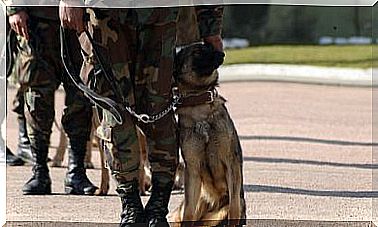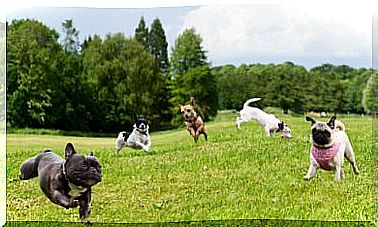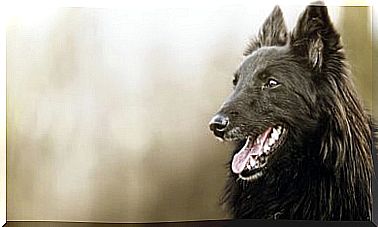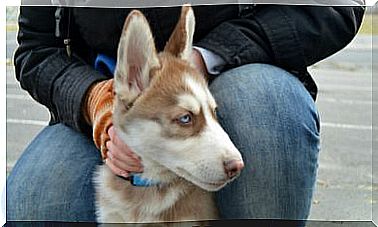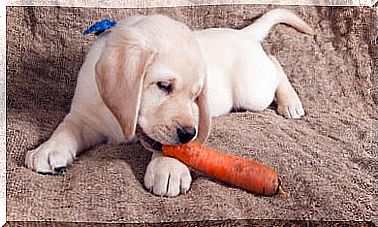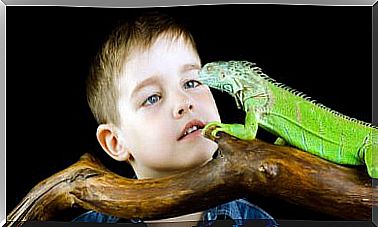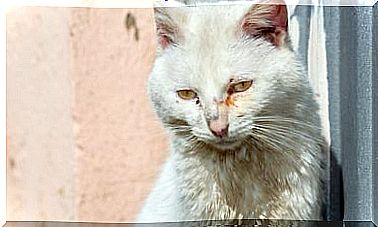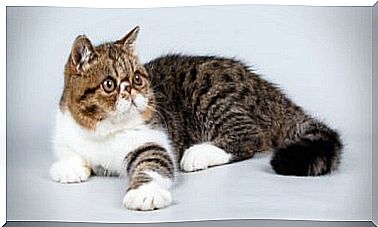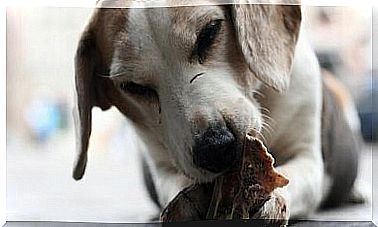How To Help Dogs Cope With Old Age
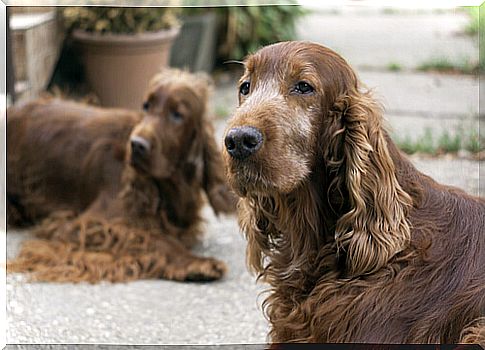
The age of our pet advances, in proportion, much faster than ours. Dogs are said to be “old” based on their size. Based on this, a small dog is very old from the age of 12, a medium-sized animal will be from 10, and large dogs from 8. Logically, not everything depends on size. Also of the joy and joviality that they give off.
Signs of aging
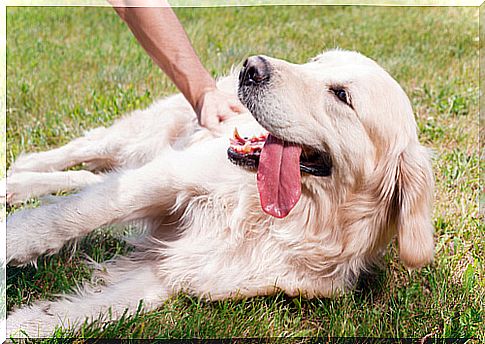
How do we know that our friend is old and old in relation to his age? There are many signs that can tell us that your dog is old, that the dog that was running happily after a rubber ball already needs special care. Time has passed for him and he is no longer that vigorous animal.
The most characteristic signs that our pet is changing are:
- He sleeps much more, gives the impression that he wants to sleep every moment
- Although he looks askance at the ball or any other game object, he no longer wants to play
- His hair is graying, just like people
- Is irritable at anything
- His eyes are no longer transparent as always
Weight problems
We will see that the animal becomes more and more fatigued on its walks. With the passage of time, the dog can no longer do the same activities it did before, it can no longer follow you everywhere, we will appreciate that its weight is increasing, due to this decrease in activity.
Also, there are cases in which some dogs decrease their weight in a worrying way when they get older. A caloric diet should replace this progressive loss of energy.
Urinary problems
If we observe that our friend does his needs with difficulty and more frequently, it is a sign that he is getting older and begins to have urinary problems. The ideal solution is a balanced diet. The vet will be able to prescribe some medicine that helps.
Among the physical problems that our pet may have are vision, mouth and skin problems. It is common for a dog that has reached its old age to lose sight and stumble around the house. Also, you can contract an eye disease, such as conjunctivitis. One of the signs of this ailment is that we see our friend scratching his eyes a lot.
Care to help our dog cope with old age
Among the attentions that we can have with our pet, are the following:
- A daily brushing is very helpful. We have to bear in mind that the animal is losing a lot of flexibility, and it will be difficult for him to make any movement to lick and groom himself in his own way, as he always has.
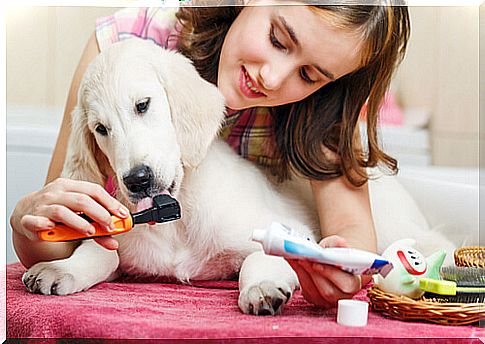
- A diet rich in fiber will help our pet to digest well, and will provide the necessary sodium to prevent heart disease.
- Those long and long walks that we liked to take with him, can no longer continue. The walks should be shorter and more often. The animal needs to move the joints more frequently, in order not to lose agility in its legs.
- The bed or basket where he sleeps is ideal to be the softest and most comfortable for him. Although it may not seem like it, our friend has arthritis and severe pain that this condition causes.
- His diet and the amount of food he receives must be very careful. Surely, as we said before, it will have mobility problems in its joints, so it is ideal for the animal to be rather thin. In addition, it can suffer malformations over time.
- It is important to increase the number of visits to the veterinarian on a regular basis, so that there is control of all the factors that affect our elderly dog, as well as to avoid the appearance of diseases.
- On the walks we take, it is important not to take the dog off the leash. Because of their age they see and hear less, so when we call them they may not come, not because they don’t want to or because they are becoming more disobedient, but because they don’t see or hear well.
- Our pet’s teeth should also be checked periodically. With age they loosen little by little and the gums are much more sensitive. You have to brush your teeth so that tartar does not form much more frequently than before.

